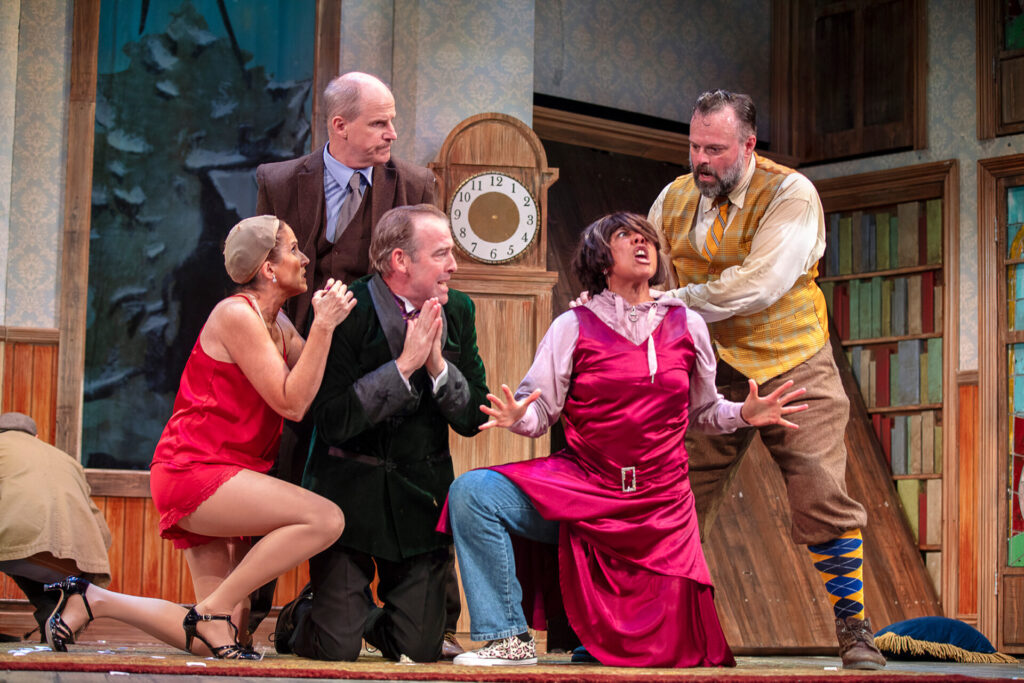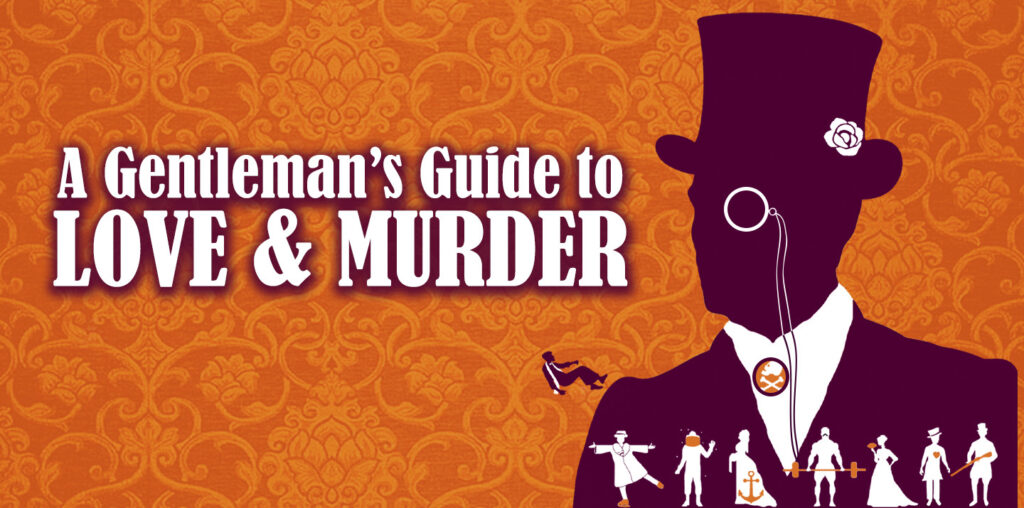Giacomo Puccini’s undisputed masterpiece Madame Butterfly is now being presented by Opera Philadelphia at the magnificent Academy of Music in Philadelphia.
As ephemeral as a butterfly, Madame Butterfly, the opera, will only have two more performances, May 3 and 5, 2024. You must absolutely hear this magnificent work lovingly presented by Philadelphia’s great jewel Opera Philadelphia. However, beware of the production, which is a mish-mash of ideas searching to trash the opera, trivialize it, and creating a risable anachronistic mess.
Let us begin studying the opera. Puccini saw a production of the Madame Butterfly story in London in 1900, we learn from Wikipedia. Famed theatrical genius of his day David Belasco pulled out all the stops and had an international hit on his hands. He was his generation’s Cameron Mackintosh. He used an 1887 novel by Pierre Loti as his source. Puccini, regrettably, had no success with his first version of Madame Butterfly. Amazingly, Puccini kept improving his opera, creating five versions in all. In 1906, his third version was brought to New York’s esteemed Metropolitan Opera which resulted in a new 1907 working version. It was very much a product of its time, reveling in romanticized Western cliches of Japanese life at the turn of the 20th century. Opera Philadelphia posted on its website that this new production by Designer Yuki Izumihara and Director Ethan Heard “transcends stereotypes, empowering the young Cio Cio San with new agency over her journey.” Oh my. Already reading such academic claptrap, one senses that we are in for a bumpy ride. Applying sensibilities upon a work from well over a century ago may be a fruitful academic exercise, but essentially impossible. You may argue the parallels of Ragtime and Rap. American Imperialism versus Japanese Imperialism, and so on. But trying to renegotiate something from 1900 into something you prefer in 2024 is, well, not defensible. Our great grandparents are dead, and so is their world.
This production of Madame Butterfly has a rod puppet as its star. The production team used Pinkerton’s comments of his bride as a doll, so that’s the genesis of that concept. Stagehands clad in black manipulate the Cio Cio San puppet the way Kuroko manipulate actions in Kabuki. Furthermore, Cio Cio San occasionally carries the limp puppet about the stage by a handle in its head, assuming identity with it. At other times, the puppet is the actor, and the brilliant Karen Chia-ling Ho (who sings Madame Butterfly) is off to the side singing, as she is also a stagehand wearing black.
Madame Butterfly as we’ve known it had crowd scenes, and intimate scenes masterfully contrasted. Here, we have what amounts to a closet drama. Main characters like the Bonze and Prince Yamadori simply walk onstage. The chorus is huddled in the boxes to the side of the stage. Scenery, when used, are video projections of butterflies, faces, and flowers. During a long orchestral interlude in the last act, there is a didactic lesson about Japanese feminists active around the year 1900 which recalls a very well done unit for high school or a PBS documentary. Beautifully played by the orchestra and the amazing Conductor Corrado Rovaris, this orchestral interlude is overshadowed by the visuals, trivializing the music once again. Indeed, this production often seems to be by people who don’t especially like Madame Butterfly, Puccini, or opera in general.
The eerie, misjudged production aside, There is the music, and it is fabulous. It is a hard heart indeed which does not break as early as Butterfly’s entrance. Even recalling it, I am overwhelmed with emotion. Karen Chia-ling Ho astonishes as the girl of fifteen who must marry the young American lieutenant Pinkerton for her survival. Unfortunately, she falls in love with the callow youth who thinks a Japanese marriage is not as real as an American marriage. Lieutenant Pinkerton is portrayed by a rising star named Anthony Ciaramitaro who creates great stage excitement with his resounding voice. Pinkerton equates a Japanese lease to a Japanese marriage, eminently negotiable, and always favorable to an American. A great missed opportunity is the conflicting moral values of the American Consul Sharpless (played with style and beauty of tone by Anthony Clark Evans) and the young lieutenant. Sharpless repeatedly warns the younger man to consider the girl’s feelings, and not to be such an overbearing narcissist. Of course, Pinkerton heeds none of this. More than anything else, it is this savage criticism of American superiority, wealth, and entitlement that Puccini mentions at length. Indeed, a modern view of this critique of America is justified.
Kristen Choi is a fine Suzuki, and playing the child under the age of three is a much older Jayden Wu who goes by the name Trouble, among others, but never his mother’s preferred name, Joy.
The opening night audience on April 26 went wild with continued applause at the end of the opera. Well deserved for the beautiful singing, conducting, and orchestral playing.
For further information about Opera Philadelphia’s new season, and remaining tickets, visit www.operaphila.org .








